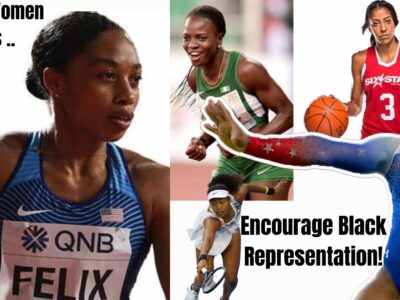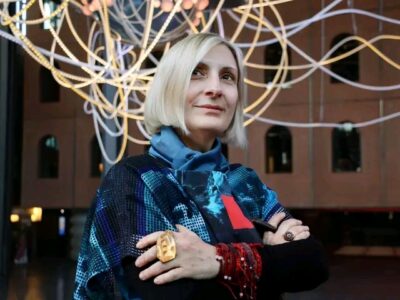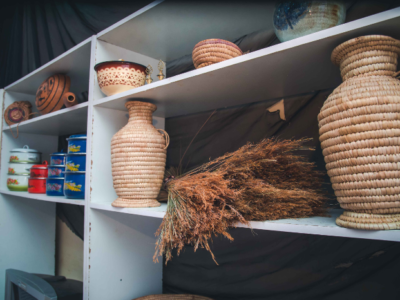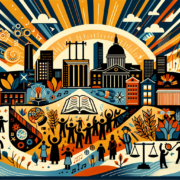Generation Black TV - Live
--- Main Blog Content Below ---
Guyanese-born British artist and photographer Ingrid Pollard is one of the nominated artists for the Turner Prize exhibition to be held later this year at Tate Liverpool.
One of her works, Seventeen of Sixty Eight (2018) tackles the representation of the Black figure in British life. The title of the work relates to the 68 pubs in the UK that have “Black Boy” in their name. Pollard visited all 68 of them: rural inns, suburban pubs, all with the trace of the Black boy.
The project began at a pub in Killay, South Wales. Pollard became interested in the conversation by visiting the Gower Peninsula and noticing the racist names for the cocktails.
Imagine a sculpture of the Black boy holding a sign pointing toward the pub. Exhibition curator Gilante Tawadros mentions in a catalog text that the ghost of the Black boy seemingly haunts every English town and village.
The Black boy is nothing more than an abstract concept personified by a seemingly anonymous, pre-teen Black British boy holding a sign. It represents what British people imagined when thinking of a Black boy, an embodiment of the legacy of slavery and Black people treated as outcasts. Her exhibition in Margate features photographs, signs, and objects that evoke representations of the Black boy.
It’s the subconscious, but simultaneously present, perception that Black British people only exist in urban settings, such as at the pubs where the Black boy sign can be found.
Who’s the black boy pictured in the Swansea sign? No one knows for certain.
The portrait describes a boy outside the Black Boy pub in a brightly colored turban. Swansean-raised artist Darren Chetty mentioned how he was only the third dark-skinned boy he’d ever seen in Killay in the late 1970s.
It made such an impression that he’s trying to uncover his identity decades later.
Ingrid Pollard, born in 1953, explores social constructs such as racial difference through portraiture photography. She lives and works in London and is associated with Autograph, the Association of Black Photographers.
She has worked with numerous organizations, including Wysing Arts, Cambridge (2000), Chenderit School, Oxfordshire (2008), and Croydon College (2011).
She was active in campaigns for women’s liberation and LGBTQ+ rights. She explored and challenged the concept of race and attitudes held by English culture towards Black people, especially their placement in cities. Some of her first works in the field included a series of photos of black people in rural landscapes titled Pastoral Interludes (1980).












